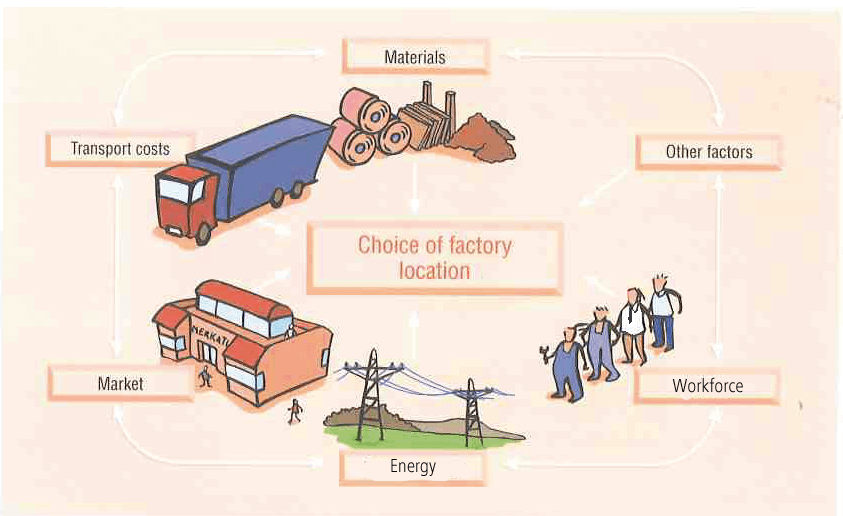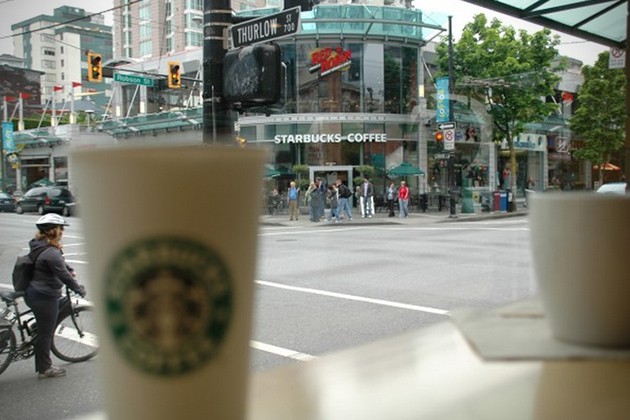
Weber's Theory of Industrial Location
Assessment
•
Boone Dixon
•
Geography
•
9th Grade
•
114 plays
•
Medium
Improve your activity
Higher order questions
Match
•
Reorder
•
Categorization
.svg)
actions
Add similar questions
Add answer explanations
Translate quiz
Tag questions with standards
More options
9 questions
Show answers
1.
Multiple Choice

Which of the following is a bulk-gaining industry?
A soda bottling company
Copper or zinc smelting
A paper manufacturing plant
A winery
All of the answer choices represent bulk-gaining industries
2.
Multiple Choice

In a bulk-gaining industry:
companies make money buying and selling bulky items.
companies assemble products whose weight is greater after assembly.
companies make weight-gain supplements.
maquiladoras provide the labor force.
production centers are far from their markets.
3.
Multiple Choice

Alfred Weber's Least Cost Theory takes into account all of the following EXCEPT:
locating markets close to raw materials.
transportation costs.
weight of raw materials.
agglomeration costs.
consumer demand for the finished product.
4.
Multiple Choice

An example of a product made by a bulk-reducing industry is:
potato chips.
milk.
automobiles.
homes.
textiles.
5.
Multiple Choice

Shopping malls are an example of:
urbanization.
deglomeration.
agglomeration.
cumulative causation.
gentrification.
6.
Multiple Choice

Deglomeration occurs when a location:
experiences a natural disaster.
does not have a large enough labor force.
is saturated with businesses offering similar goods/services.
sees an increase in large firms moving in.
experiences a rapid loss of manufacturing activity.

Explore this activity with a free account
Find a similar activity
Create activity tailored to your needs using
.svg)

Name that Factor of Production
•
5th - 9th Grade

Midwest Tour Test
•
4th - 5th Grade

Industrial Location Theories
•
9th - 12th Grade

Industry Review
•
9th Grade

Contents and Oceans
•
7th Grade

Economic Systems
•
7th Grade

Continents and Oceans Quiz
•
9th - 11th Grade

Types of Governments
•
9th - 12th Grade


